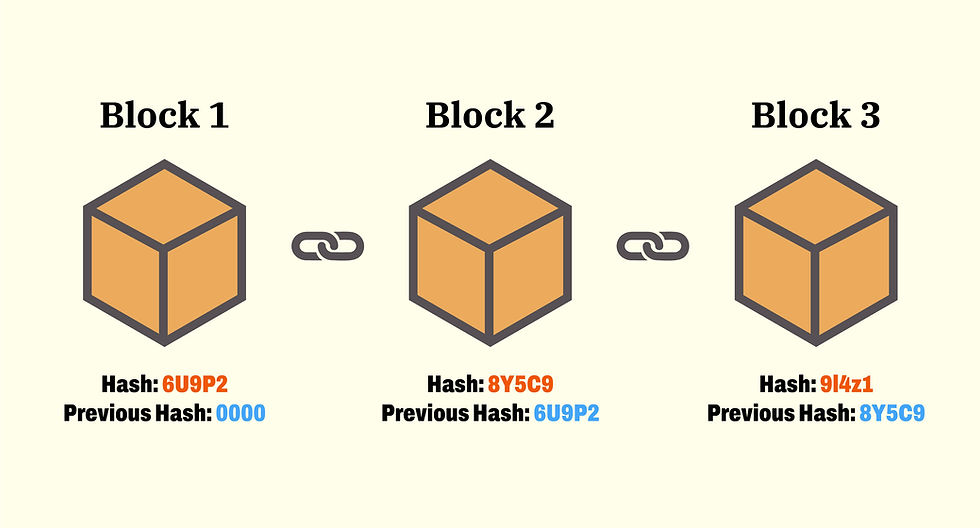The Role of Stakepool in Cardano Blockchain
- Cardanesia

- Dec 3, 2022
- 2 min read
Updated: Jan 18, 2023

Stakepools play a crucial role in the Cardano blockchain, which is a decentralized platform for digital transactions. In this article, we will explore the role of stakepools in the Cardano network and how they help to ensure the security and integrity of the network.
A stakepool is a group of individuals or organizations that come together to run a node on the Cardano network. These nodes are responsible for validating transactions on the network, which helps to ensure that all transactions are valid and follow the rules of the Cardano network.
To become a stakepool on the Cardano network, an individual or organization must stake a certain amount of the native cryptocurrency, ADA. This staking process helps to ensure that stakepools have a vested interest in maintaining the security and integrity of the network.
Once a stakepool has staked their ADA and become a validator, they can begin the process of validating transactions. This involves verifying that the transaction follows all of the rules of the Cardano network and ensuring that it does not conflict with any previous transactions.
If the transaction is deemed valid, the stakepool will add it to the network's distributed ledger, known as the blockchain. This process helps to ensure that all transactions on the Cardano network are recorded and can be trusted.
In addition to transaction validation, stakepools also play a crucial role in the governance of the Cardano network. Stakepools are able to vote on important decisions that affect the network, such as changes to the protocol or the allocation of funds for development.
Overall, stakepools are an essential part of the Cardano network. By staking ADA and participating as validators, stakepools help to ensure the security and integrity of the network. This is an essential part of the decentralized nature of the Cardano blockchain and helps to make it a reliable and trustworthy platform for digital transactions.







Comments